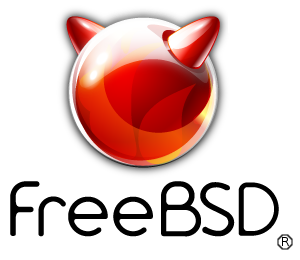The much-anticipated FreeBSD 10.1 has been released into the wild. FreeBSD 10.1 brings a host of new features and improvements, especially over our previous standard 9.1. These include:
- Improved BHyve: BHyve is FreeBSD’s type-2 native hypervisor which boots almost all FreeBSD and Linux versions (10.1).
- UEFI boot: Initial support for x64 architecture has been added (10.1).
- OpenPAM upgrade: Stronger authentication and a better access control chain (in 10.1).
- OpenSSL upgrade: Base OpenSSL library has been upgraded to 1.0.1j (10.1).
- Improved drivers: Built-in driver support has been updated, notably to include native support for newer hardware RAID cards.
- pkgng: Next-generation package support built in (10.0).
- Enhanced CARP: Improvements with CARP allow local system to access CARP IPs as well as combining CARP VHIDs into existing/manually specified physical interfaces instead of virtual ‘carp0’ style interfaces (10.0).
- Clang: GCC is now deprecated, the OS and packages are now compiled by default with LLVM’s Clang high-performance compiler (10.0).
- T.R.I.M.: Critical for maintaining SSD performance during use, TRIM support has been added to ZFS (10.0)
- LZ4 ZFS compression: High-performance and enabled by default (since 10.0) due to negligible CPU overhead and increased throughput (10.0).
A-Team’s new standard FreeBSD deployment
A-Team Systems has been working with the release candidates prior to this and has been very happy with the results so far. We’re currently notifying customers to start planning on upgrading as soon as possible given 9.1’s end of life at the end of the year and 10.0’s soon after.

